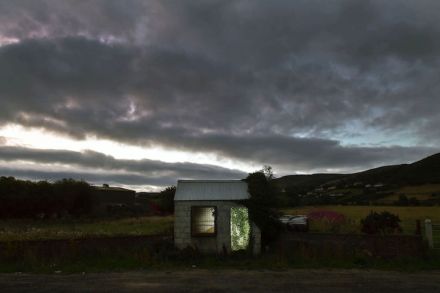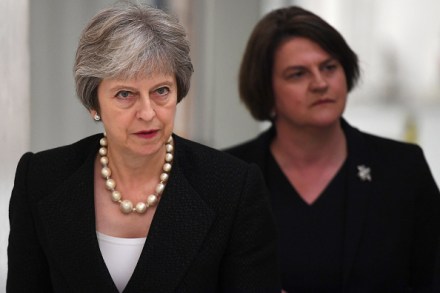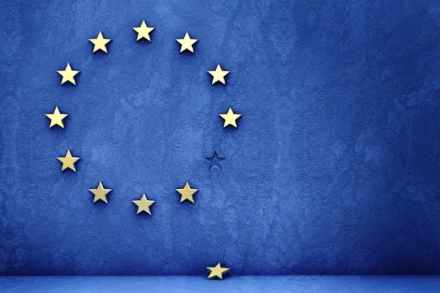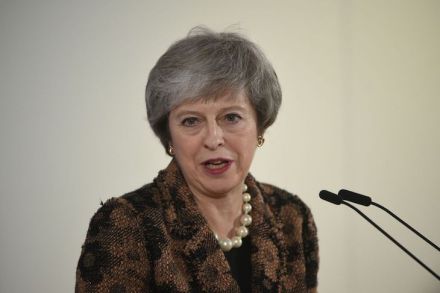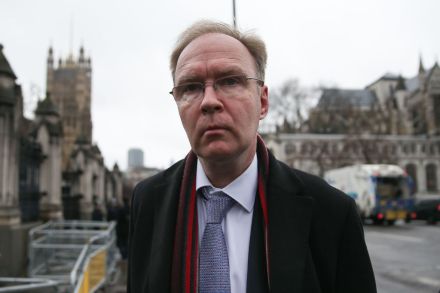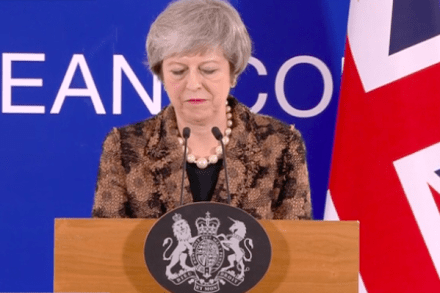Whatever happens with Brexit, it’ll be business as usual on the Irish border
The Irish border question has grabbed political headlines this year, but spare a thought for those who live near it. The border takes a haphazard route along river banks, and even through farms. I recall visiting a farm in Fermanagh: I drove into the farm from Northern Ireland but the farmer showed me an exit which led straight into the Republic. For a number of years the Methodist Church in Pettigo (NI) had a minister whose house was on the other side of the border. This porousness is remarkable considering the historical conflict between our two countries. To this day, many Irish call Northern Ireland ‘the North’, as if to
